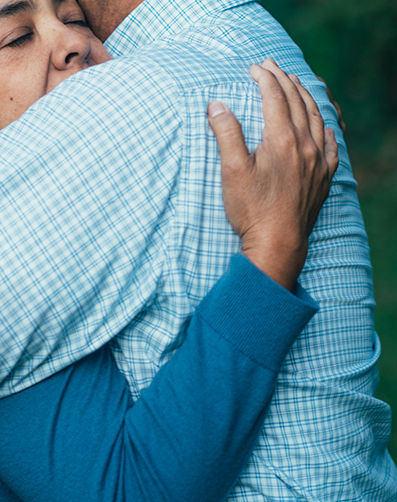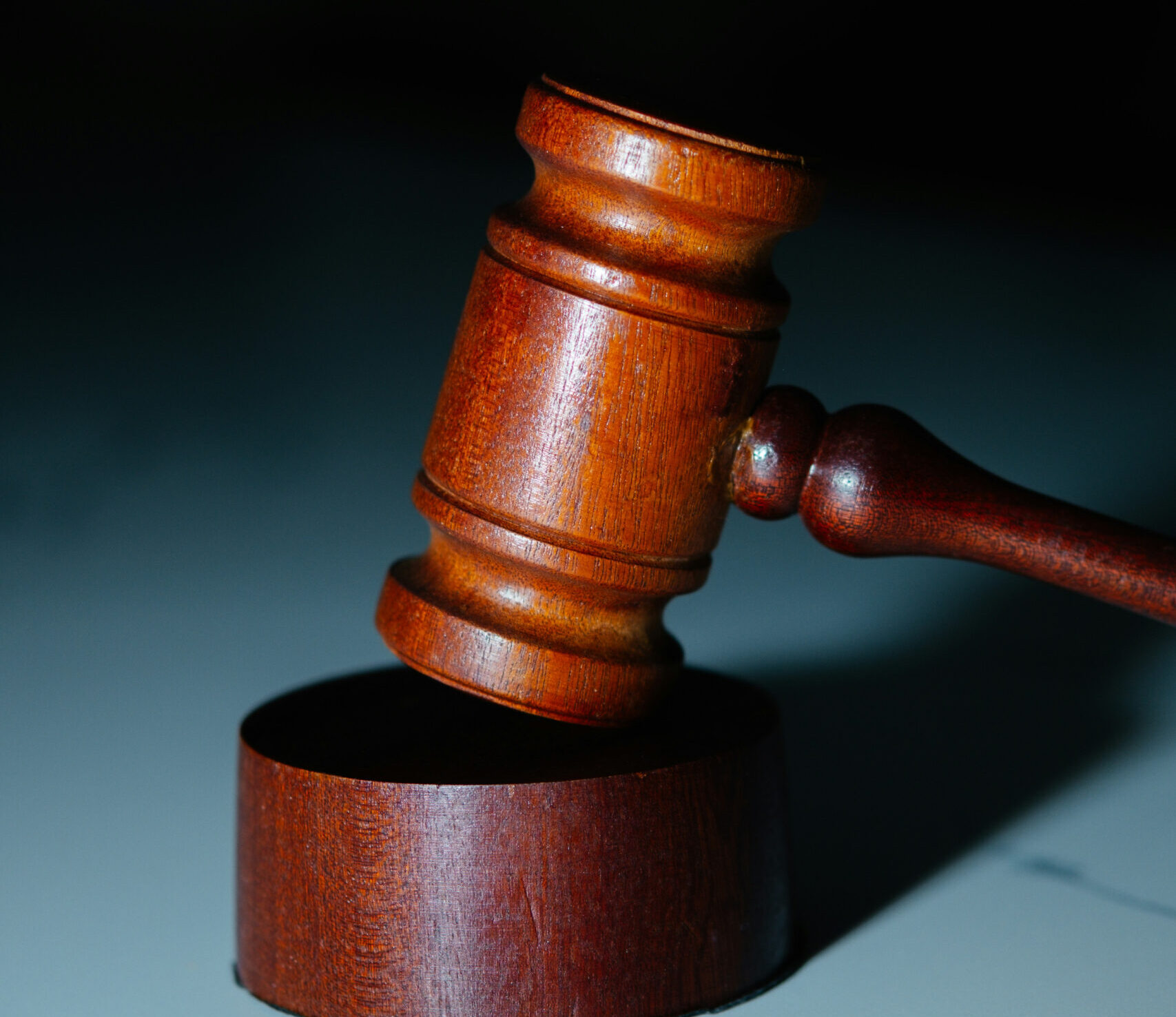Attending an inquest as a family member

As a familiy member
Finding out that the death of a loved one needs an inquest, and attending a public inquest hearing, can be distressing for the family and friends of the deceased.
It is important to know that family members are not required to attend an inquest hearing unless a family member is called as a witness.
Many people find that attending a hearing can provide them with a sense of closure as to the death of their loved one, and you can have other persons, such as family members or close friends, at the inquest to provide support.
The below information is provided to answer any questions you may have if the death of your loved one needs an inquest, and to give you a sense of what to expect at an inquest hearing.
Everything you need to know about the inquest process

Attending an inquest as a legal representative
Legal representatives, usually solicitors, have an important role in guiding their client through the inquest process.

Attending an inquest as a medical professional
If the death of patient in your medical care is reported to the Coroner you may be requested to provide documentation to assist their investigations.

Attending an inquest as a media professional
An inquest is an open hearing and members of the public, including the media, may attend.

